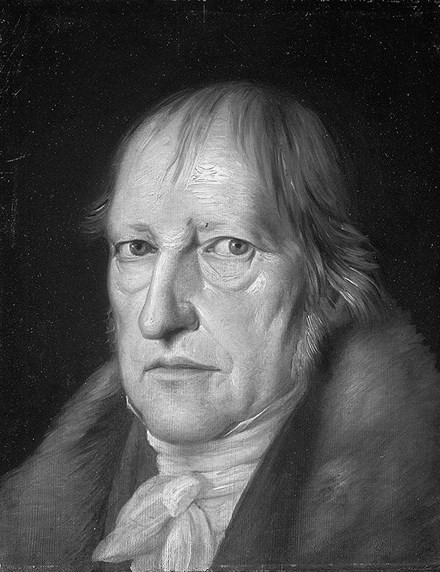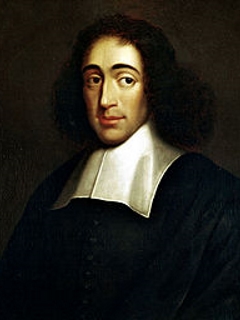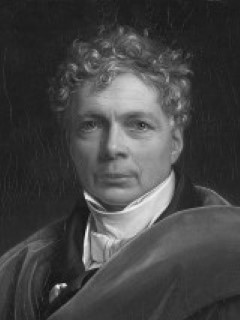

Kant's critical legacy
Fichte's constructionism and Hegel's discursive logic
pp. 665-686
in: Matthew C. Altman (ed), The Palgrave handbook of German idealism, Berlin, Springer, 2014Abstract
This chapter is essentially about Hegel.1 If I bring Fichte conspicuously into the picture, this is for the sake of contrast. There is another reason as well. Common wisdom has it that Fichte was the one who remained the closest to the master in the reception of the Critique of Reason.2 No doubt, Kant's legacy is broad enough, and in places even ambiguous, that a case can be made to that effect, especially if one concentrates on the legacy's moral side. But I want to say that, in what counted most, it is Hegel who was Kant's true inheritor. I shall presently say what I consider as "counting most." I must first make clear that the Fichte I have in mind is post-Jena — notably the Fichte of 1804 onward, the time when Fichte dropped from his Science the idiom of the "I"; when Hegel, for his part, finally made it to the philosophical stage, and a conversation between the two, albeit always at a distance and perhaps not even ever deliberately intended, was in fact taking shape. The Fichte whom Hegel had in mind in his explicit criticisms was always the author of the early versions of the Wissenschaftslehre. As for Fichte, his primary confrontation was with Schelling3 — not Hegel, to whom he occasionally only alluded. A conversation was nonetheless taking shape between the two, for, whoever their immediate philosophical interlocutor (and Schelling was as much on Hegel's mind as on Fichte's), it was with respect to Spinoza's metaphysics that both, in their contrasting ways, were taking position, and, in so doing, were also staking their respective claims to the Kantian legacy.






